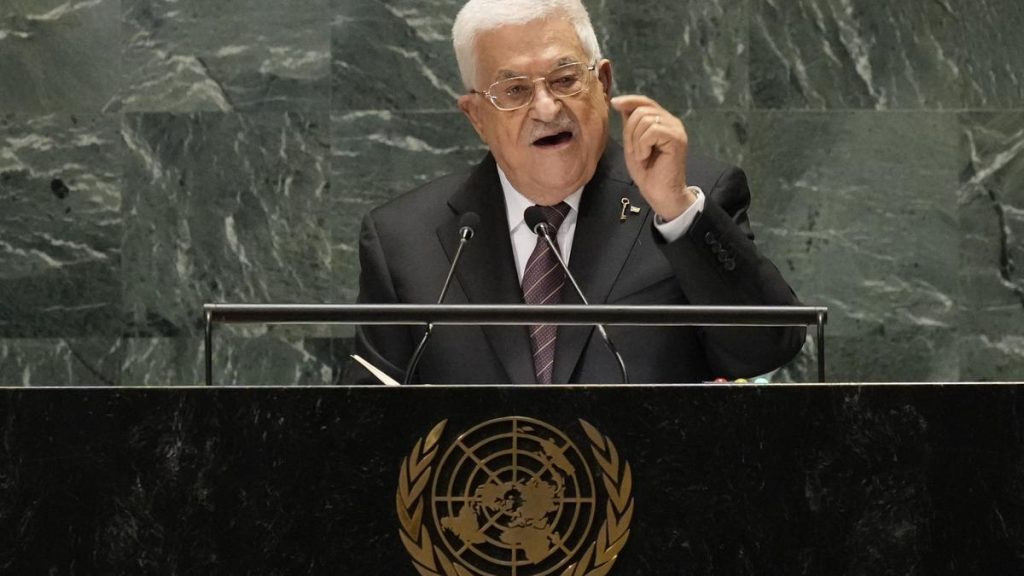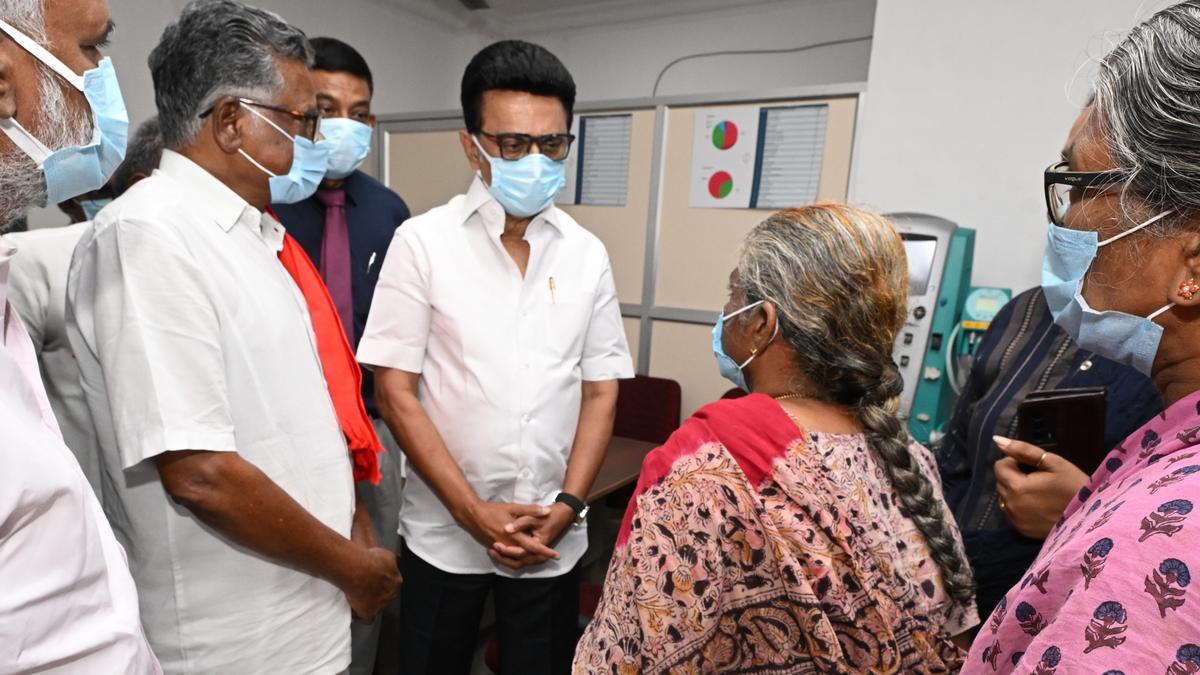Now Reading: West Bengal CM Applauds Supreme Court on Migrant Worker Detention Ruling
-
01
West Bengal CM Applauds Supreme Court on Migrant Worker Detention Ruling
West Bengal CM Applauds Supreme Court on Migrant Worker Detention Ruling

Rapid Summary
- Supreme Court Action: The Supreme Court intervened in a public interest litigation regarding the detention of Bengali-speaking migrant workers suspected of being Bangladeshi citizens.It directed the Calcutta High Court to prioritize hearings on such cases.
- Specific Case: Detention and alleged deportation of Sunali bibi, an eight-month pregnant woman from West Bengal, were discussed. Her family was reportedly pushed back into Bangladesh.
- Criticism of Language-Based Profiling: A clarification was sought from Union authorities on whether migrants were detained solely based on speaking Bengali.
- Mamata Banerjee’s Response: The West Bengal Chief Minister welcomed the intervention and expressed trust in the judiciary for ensuring fairness and justice for migrant workers.
- Support Measures for Migrants: Mamata Banerjee announced a scheme named ‘Shramashree’ offering ₹5,000 per month financial aid to repatriated migrant workers for a year. Approximately 22 lakh migrants work outside West Bengal.
- Advocacy by Welfare board Chairperson: The legal battle will continue until affected citizens are repatriated to India,asserted Samirul Islam (West Bengal Migrant Welfare Board).
Indian Opinion Analysis
The issue highlights critical challenges faced by internal migrants in India related to identity verification and language-based profiling-a significant concern given India’s linguistic diversity. The Supreme Court’s directive reflects the need for procedural fairness while handling citizenship disputes involving marginalized communities.
For West bengal,these detentions impact both its populace working across states and its perception as a contributor to national labor mobility. Mamata Banerjee’s emphasis on judicial fairness aligns with broader efforts to protect state interests without compromising constitutional values.Meanwhile, initiatives like ‘Shramashree’ attempt immediate relief but underline deeper systemic issues affecting migrant welfare.The proposed scrutiny surrounding language discrimination could catalyze reforms in how citizen identification processes are conducted nationally-notably in regions sensitive to cross-border migration dynamics.
























